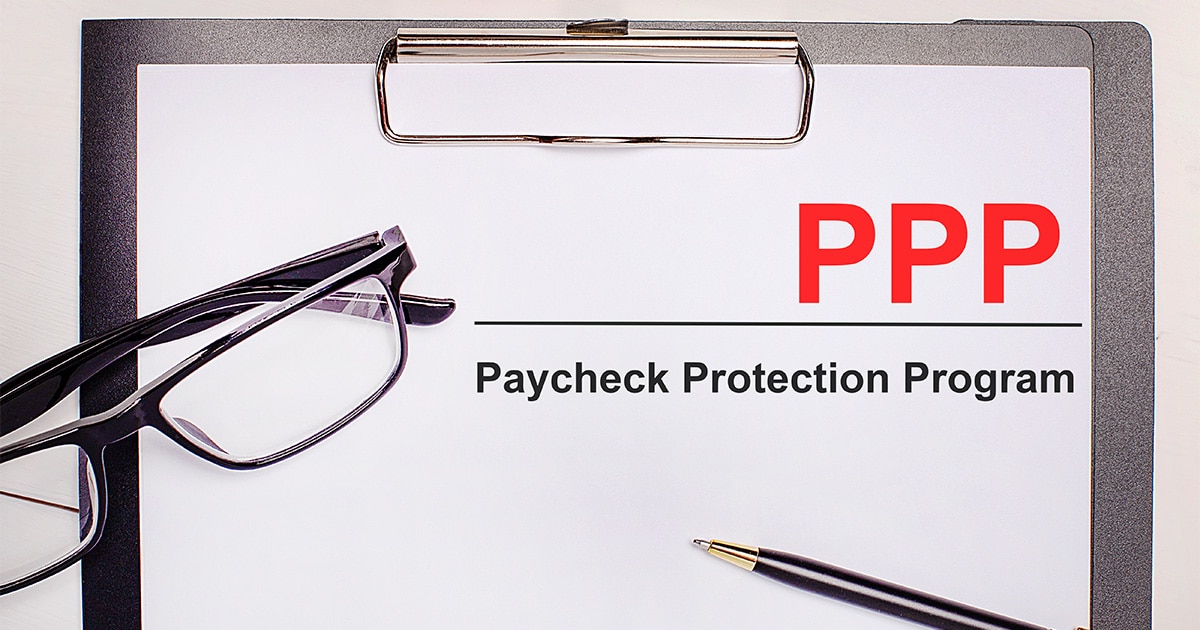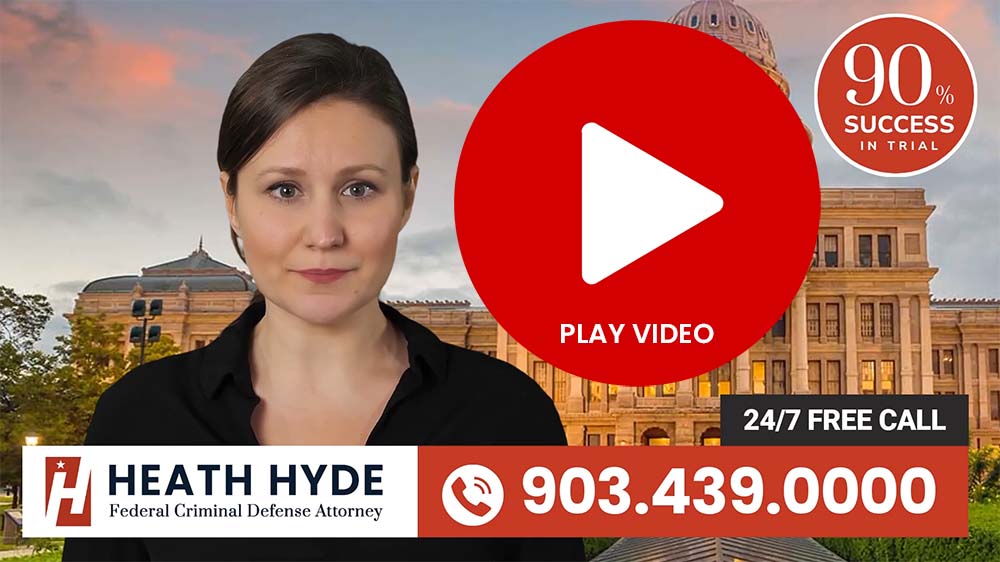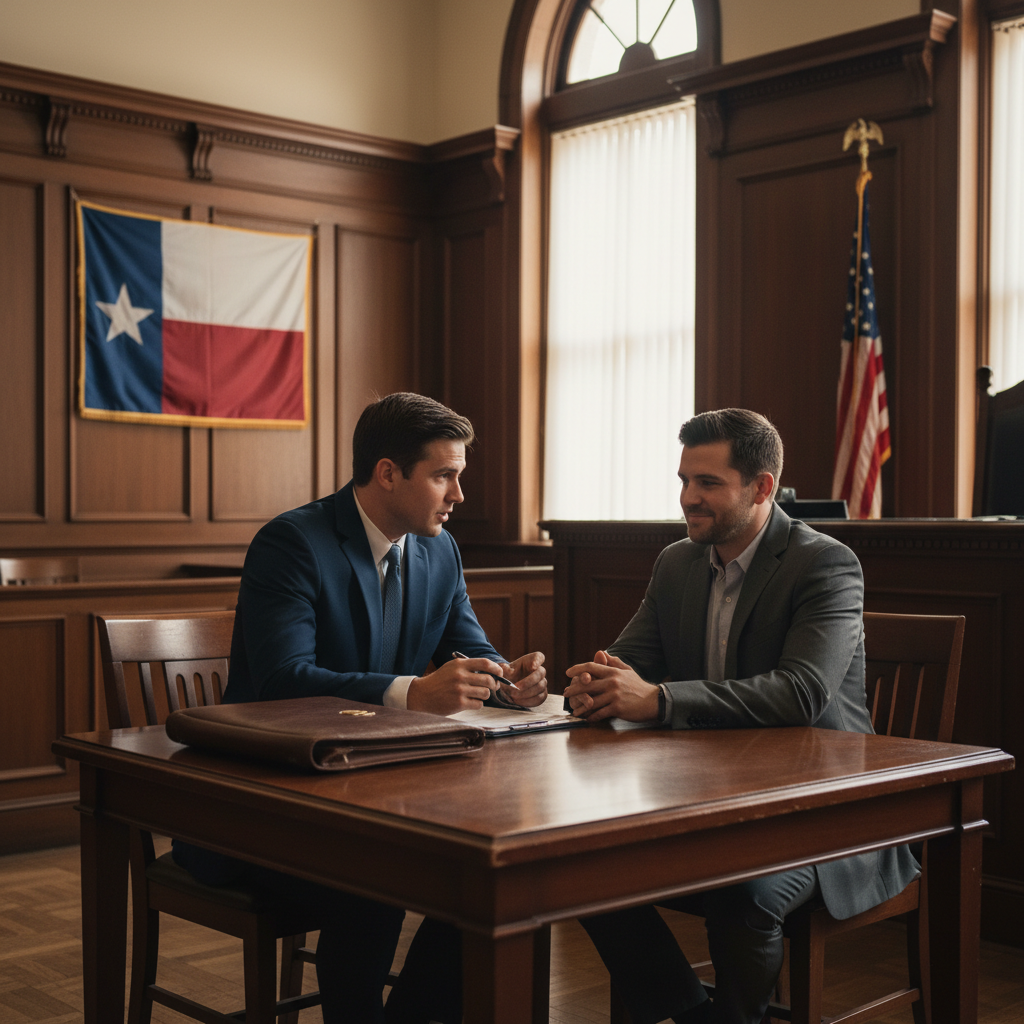DOJ’s First False Claims Act Settlement Against PPP Borrower Signals Robust Fraud Enforcement Ahead.
As the government revives its Paycheck Protection Program (PPP) with hundreds of billions of dollars in additional loans available to small businesses, there are fresh signs that government fraud investigations and whistleblower litigation related to the loan program are ramping up.
On January 12, 2021, the U.S. Department of Justice (DOJ) announced its first-ever civil settlement of alleged False Claims Act (FCA) violations with a borrower of a PPP loan. According to the U.S. Attorney’s Office for the Eastern District of California, SlideBelts, Inc., a California-based internet retailer and debtor in bankruptcy, and its president and CEO, agreed to pay a combined $100,000 in damages and penalties to resolve alleged violations of the FCA and the Financial Institutions Reform, Recovery and Enforcement Act (FIRREA).
As part of the settlement, SlideBelts and its president admitted that they made false statements to banks in order to obtain PPP funds. Other civil fraud cases involving the PPP are likely to emerge in the months ahead.
The settlement highlights the heightened scrutiny facing the PPP just as the program enters a new phase. In January 2021, the Small Business Administration (SBA) reopened its portal for those seeking to apply for PPP loans with an additional $284 billion in loans authorized under the December 27, 2020, Economic Aid Act (see here and here for more information). As the SlideBelts settlement shows, false or misleading representations in loan documents or misuse of funds can result in potential exposure under criminal and civil statutes, and the FCA is likely to play a significant role in further cases.
This article provides an overview of the latest developments in fraud investigations and enforcement actions related to the PPP and key takeaways from the recent SlideBelts settlement.
The PPP and COVID-19 Fraud Enforcement
Enacted as part of the $2.2 trillion CARES Act, the PPP provides U.S. government-guaranteed, 100% forgivable loans to small businesses to help them pay payroll costs, rent, utilities, and mortgage interest. In March 2020, Congress authorized $349 billion in PPP loans, followed by an additional $310 billion in April 2020.
The first round of the program ended in August 2020 but has now been reopened. Beginning January 11, 2021, the SBA started accepting applications for “First Draw” PPP loans from first-time participants. On January 13, 2021, the SBA began accepting applications for “Second Draw” loans from eligible small businesses who received PPP loans during the first round and had used those loan proceeds for permitted purposes. The maximum amount of a Second Draw PPP loan is $2 million, and borrowers must have experienced a decline of 25% or more in revenue between a quarter in 2019 and the corresponding quarter in 2020 to be eligible for a Second Draw PPP loan.
The PPP was intended to provide a fast influx of assistance to small businesses during the economic shock created by the COVID-19 pandemic. The speed with which loans were distributed to businesses nationwide is striking. According to SBA, as of January 31, 2021, SBA has approved more than 6 million loans totaling more than $595.5 billion using more than 5,000 lenders. More than 800,000 loans totaling more than $72.7 billion were approved in the first four weeks of 2021 alone.
Reports of people seeking to abuse or take advantage of the PPP have prompted a vigorous law enforcement response. DOJ has taken aggressive action to criminally prosecute misconduct involving the PPP and other CARES Act stimulus programs.
According to the Fraud Section in DOJ’s Criminal Division, Fraud Section attorneys have prosecuted more than 100 defendants in more than 70 criminal cases related to the PPP, seizing more than $60 million in cash proceeds derived from fraudulently obtained PPP funds, as well as numerous real estate properties and luxury items purchased with such proceeds. So far, the cases—charging crimes such as bank fraud, false statements to a financial institution, and money laundering—have involved brazen conduct, including falsified documents, false statements, or misuse of loan proceeds to buy things like cars, homes, or jewelry.
Like the extended fraud enforcement activity that followed the 2008 financial crisis, the investigations and litigation following the COVID-19 pandemic will likely unfold over a lengthy period. All indications are that many more cases will emerge around the country. The U.S. Attorney for the District of Nevada reportedly stated last month that he is expecting a “tidal wave” of CARES Act-related fraud investigations and prosecutions in the months to come.
The FCA and Pandemic Relief Spending
Liability under the FCA is triggered when a person knowingly presents or causes to be presented a false or fraudulent claim for payment or approval by the government. Each year, DOJ recovers billions of dollars in settlements and judgments under the FCA, the majority of which originate from lawsuits filed by qui tam whistleblowers (relators) seeking a portion of any recovery. Unlike criminal cases in which proof of a defendant’s guilt must be made beyond a reasonable doubt, establishing liability under the FCA requires proof by a preponderance of evidence, which is a significantly lower standard. The statute imposes treble damages and penalties on violators.
In public statements in recent months, DOJ officials have emphasized their intention to use the FCA to prosecute misconduct related to COVID-19 relief programs such as the PPP and the U.S. Department of Health and Human Services’ (HHS) Provider Relief Program. In December 2, 2020, remarks, Michael Granston, Deputy Assistant Attorney General in DOJ’s Civil Division, stated that the FCA “will play a central role in [DOJ’s] pursuit of COVID-19 related fraud.” He noted that the Civil Division is working closely with agencies to investigate potential violations and that “these efforts are expected to translate into significant cases and recoveries.”
DOJ has recognized the importance of ensuring that companies can access CARES Act funding in good faith. In remarks delivered on June 26, 2020, Ethan Davis, DOJ’s then-Principal Deputy Assistant Attorney General in the Civil Division, explained that if a company is eligible for a loan and “submits certifications in good faith, that company will have nothing to fear from the Civil Division. We are concerned only with actionable fraud.” He added that the Civil Division “will not pursue companies that made immaterial or inadvertent technical mistakes in processing paperwork” or that simply and honestly misunderstood the rules.
SlideBelts Settlement
The SlideBelts settlement is the first (publicly announced) example of DOJ’s efforts to use the FCA to seek civil remedies.
According to its settlement agreement, SlideBelts is an internet retail company incorporated in Delaware with its principal executive office in El Dorado Hills, California, that manufactures and sells fashion accessories on the internet. As of the time of the settlement, SlideBelts was in Chapter 11 bankruptcy proceedings pending in the Eastern District of California.
The PPP loan application (SBA Form 2483) requires applicants to answer whether they are presently involved in any bankruptcy, and if the applicant answers “yes,” “the loan will not be approved.” In its fourth interim final rule implementing the PPP issued on April 24, 2020, SBA stated that applicants that are debtors in a bankruptcy proceeding are ineligible for PPP loans. Modifications to the PPP implemented under the Economic Aid Act granted the SBA the discretion to approve loans to borrowers in bankruptcy, but the SBA’s subsequent revisions to the PPP loan application continue to deny loan eligibility for borrowers in bankruptcy.
In the settlement agreement, SlideBelts and its President, CEO, and Chief Financial Officer, Brigham Taylor, admitted that, in April 2020, they made false statements in loan applications made to three separate lenders stating that SlideBelts was not in bankruptcy in order to influence the banks to approve, and SBA to guarantee, a PPP loan to SlideBelts.
The settlement agreement cited correspondence between Mr. Taylor and lenders, including an email to a lender in which Mr. Taylor allegedly suggested that the question regarding bankruptcy in the loan application was an “overreach” by SBA. Mr. Taylor also allegedly stated “that does not make sense” when the lender told him that SlideBelts was not eligible for a PPP loan because it was in bankruptcy. SlideBelts ultimately obtained a $350,000 loan from a different lender.
According to the settlement agreement, after SlideBelts received the loan, Mr. Taylor told the lender that SlideBelts realized that it “may not” have answered the question about bankruptcy correctly. But SlideBelts did not return the loan at that time. According to DOJ, SlideBelts later returned the PPP funds to the lender in response to the government’s demands.
The government contended that the defendants “caused” a false claim to be made to the government in connection with SlideBelt’s loan applications, and that they knowingly made a false statement material to a false or fraudulent claim to be submitted to the SBA. DOJ alleged damages and penalties totaling $4.1 million based on violations of the FCA and FIRREA, which imposes civil penalties for violations of certain criminal statutes, including those affecting federally-insured financial institutions.
Key Takeaways and Issues to Watch
The SlideBelts case highlights a few considerations related to fraud actions concerning the PPP.
- Documentation of Compliance With Eligibility Requirements Is Key. As PPP borrowers consider applying for loans for the first (or second) time, the SlideBelts settlement serves as an important reminder for businesses to be able to substantiate their eligibility determinations and representations made in loan applications and documents. This includes documentation reflecting the company’s determination that the loan is “necessary” to support the company’s ongoing business operations and, with respect to Second Draw PPP loans, the additional eligibility requirements created under the Economic Aid Act, including the 25% revenue decline test.
- Theories of Liability Based on PPP Loan Misconduct May Vary. As the SlideBelts settlement shows, false or fraudulent representations or certifications regarding loan eligibility or loan forgiveness in loan applications and supporting documents are straightforward bases for liability under the FCA and FIRREA. The FCA also imposes liability for making false statements material to a false or fraudulent claim or knowingly or improperly avoiding or decreasing an obligation to pay or transmit money to the government. Future cases may involve one or more of these legal theories.
- Individuals and Investors Face Risks, Too. DOJ’s case against SlideBelts’ CEO illustrates that individuals can be personally liable for causing the submission of false claims. DOJ will likely pursue cases against company owners, managers, employees, or others that engage in wrongdoing in connection with PPP loans. In Mr. Davis’ remarks last June, he indicated that when private equity firms that invest in companies receiving CARES Act funds take an active role in illegal conduct by the company, they can expose themselves to FCA liability. He stated that where “a private equity firm knowingly engages in fraud related to the CARES Act, we will hold it accountable.” But Mr. Davis noted that compliance can be a “dizzying task” and that, under Supreme Court case law, the FCA is not an all-purpose anti-fraud statute.
- Correspondence With Lenders and Others May Be Relevant Evidence of Knowledge. As the SlideBelts case shows, emails and other communications may serve as important evidence establishing state of mind. Knowledge under the FCA can be proven by establishing that a defendant acted with actual knowledge, reckless disregard, or with deliberate ignorance. Documenting a company’s reasonable and good faith judgments in connection with representations in loan applications can help reduce exposure. SBA’s requirements set forth in multiple interim rules and FAQs will likely be a focus in future cases.
- SBA’s Safe Harbor Policy Does Not Preclude FCA Liability. The case is also a reminder of the limited scope of SBA’s “safe harbor” for loans below $2 million. The PPP loan application requires borrowers to certify that the loan is “necessary” to support the company’s ongoing business operations. Under SBA’s FAQs and interim final rules implementing the PPP, borrowers of loans in an aggregate amount less than $2 million will be deemed to have made the “necessary” certification in good faith, whereas loans above $2 million will be audited and may have to be paid back if determined to be unsupported. But even loans below $2 million can be audited by SBA and, as the SlideBelts settlement shows, a loan of any amount can become the subject of an FCA investigation or other enforcement action.
- Ability to Pay Judgments Could Become an Issue. SlideBelts’ status as a debtor in bankruptcy highlights the issue of a defendant’s ability to pay a settlement or judgment. DOJ policy issued in September 2020 gives guidance to DOJ civil attorneys when a defendant asserts that it is unable to satisfy a demanded payment. Ability to pay may become an issue in some PPP cases given that the program involves small businesses.
- New Resources for Investigating Pandemic Relief Fraud. Pandemic fraud prosecutions are receiving support from the SBA’s Office of the Inspector General, which assisted in the SlideBelts case. The Special Inspector General for Pandemic Recovery (SIGPR), which was established under the CARES Act, has entered into Memoranda of Understanding with various U.S. attorney’s offices nationwide to coordinate investigations and prosecutions of fraud related to relief funds. And Congress will investigate waste, fraud, and abuse in the PPP and other programs. The scrutiny from the public and investigative entities is unlikely to ebb any time soon.
As PPP loans are distributed to more businesses, borrowers and others should continue to track developments in the program and pay close attention to eligibility and other requirements.
Heath Hyde Can Assist PPP Lenders
Heath Hyde is here to help our clients effectively decrease risk to the greatest extent feasible on PPP Loan Fraud Investigation. Our attorneys and former federal agents at Heath Hyde are well-versed in federal auditing, and investigating processes. We can utilize our experience to help PPP lenders, you, and your company. We invite you to contact us for a free and confidential evaluation of your legal needs






